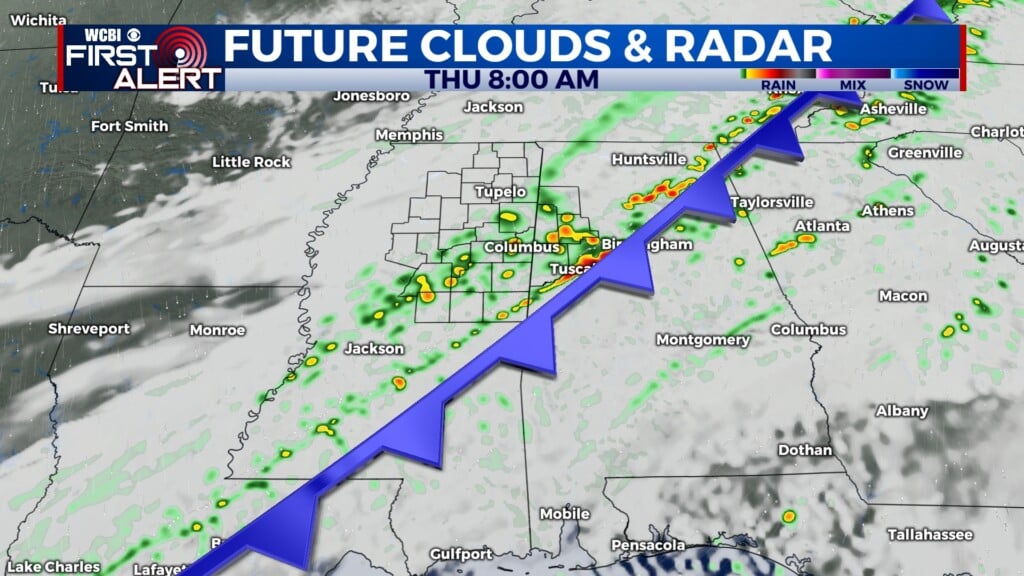Hygiene Key to Avoiding Ebola, Says MSU Viral Disease Expert

Dr. Henry Wan, associate professor of systems biology, pictured in his lab at MSU’s College of Veterinary Medicine.
STARKVILLE, Miss. (Press Release) — Prospective travelers may feel concerned about the recent confirmed diagnosis of Ebola virus disease both in North America and in the United States.
People should remain cautious, according to a leading viral disease authority at Mississippi State University.
“Hygiene is very important,” said Dr. Henry Wan, associate professor of systems biology in MSU’s College of Veterinary Medicine. “In general, just wash your hands frequently, and don’t go where people have confirmed diagnoses. Avoid contacts with sick people, and don’t be in contact with blood or bodily fluids.”
Ebola is a hemorrhaging fever, and symptoms include headache, diarrhea, vomiting and stomach and muscle aches, said the former Influenza Division senior scientist for the Centers for Disease Control and Prevention. Anyone experiencing those symptoms and who has been in an area with a confirmed Ebola outbreak should see a doctor immediately.
MSU’s Longest Student Health Center officials are informed and prepared, according to Dr. Cliff Story, the executive director of the center whose international clinical experience includes Central America.
“Our goal is to identify any potential infected individuals, insist that they isolate themselves, assist in the contact of appropriate acute care facilities that are equipped to handle the patient and to protect our patients and community from potential exposure,” Story said.
For example, any incoming students from the “Hot Zone” in the West Africa countries of Guinea, Liberia, Nigeria and Sierra Leone will be screened, he said. The staff at the health center have reviewed both the definition of Ebola and what questions to ask when screening.
“We’ve generated a document highlighting the clinical criteria, risk factors and high/low risk factors, as well as screening questions, that every employee can refer to as they communicate with potential patients,” Story said. “We’ve also formed an ‘Ebola Team’ that meets regularly–once a week for now and whenever it is deemed necessary–to discuss the current situation until we are confident any risk has passed.”
Team members include Story; Joyce Yates, director of health education and wellness; Jennifer Williams, Longest Health Center information-technology systems administrator; Robert Cadenhead, Longest Health Center director; Deree Webb, nursing supervisor; and Erin Dodds, clinical registered nurse.
Wan said, because Ebola has now been confirmed in the U.S., doctors all over the country are becoming more vigilant and screening the people from affected areas more carefully to ensure anybody who may have Ebola is identified and quarantined. Again, not touching bodily fluids and maintaining good hygiene are critical.
While domestic travel should be safe for the most part, people should avoid places where Ebola diagnoses have been confirmed, Wan emphasized. The virus may incubate as long as 21 days before symptoms become apparent, so people who travel to places with confirmed reports of the disease should monitor themselves at least 21 days to ensure they do not have symptoms.
As for international travel, especially to the Hot Zone in West Africa, Wan and MSU International Institute Director Jon Rezek advised people not to go there unless absolutely necessary.
“Some people do have to go, and they should contact the U.S. Embassy; they can tell them where the outbreak is and where medical facilities are,” said Wan. “Do not touch bats or raw meat overseas where there’s been an outbreak; don’t eat raw meat. That can be pretty dangerous.”
Because the U.S. Department of State has already issued travel warnings to Liberia, Sierra Leone and Guinea, as well as the Adamawa, Borno and Yobe states of Nigeria, MSU student travel to those locations is restricted, Rezek said. Also, the university maintains its right to disallow faculty and staff travel requested to affected areas.
“For travel to such areas, the impetus is on the faculty or staff to demonstrate travel is necessary and risks are low,” he said. “We have had no travel requests to any of the four countries affected by the Ebola virus since the outbreak started.”
A few MSU students are from Nigeria, but the nation seems to have its outbreak under control, Story said. MSU does not have any students from Guinea, Liberia or Sierra Leone.
“The U.S. Overseas Security Advisory Council has issued regular disease outbreak updates for other non-affected areas of Africa,” Rezek said. “The MSU International Institute is circulating these updates to travelers visiting other African countries as needed.”
More information and resources about Ebola are available at www.asm.org/index.php/news-room/asm-press-releases/89-news-room/media-info/93111-asm-ebola-resources.
Learn more about infectious diseases at www.mayoclinic.org/diseases-conditions/infectious-diseases/basics/definition/con-20033534.
MSU is online at www.msstate.edu, facebook.com/msstate, instagram.com/msstate and twitter.com/msstate.





Leave a Reply